Lohardaga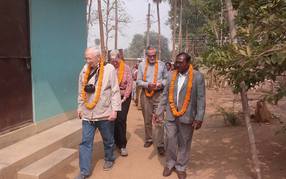 It has been over a month since I have returned from India and I am still processing all that I learned and experienced there. On the 9th of February we went to visit a small town called Lohardaga about 1.5 hours west of Ranchi. This is where Ferdiand and Doris Hahn spent 20 of their years. As was the case with everywhere we went we were met with great hospitality. Our first visit was the old mission compound where the schools and the church still stand. Though the original church literally collapsed one day and a new one was built next to the old foundation. It was so facinating to be in the house where the Hahn family had lived and talk about what life must have been like with others who had also lived in the same house just a few decades ago. Today it is portioned off into several smaller apartments and parts of it are in need of much repair. The church women who greeted us were excited about talking about the history of the place. In particula Eren Minz, who remembers hearing stories about Ferdiand Hahn from her grandfather, DharamDas Minz who had been the chawkidar (security gaurd). She took me by the hand down the back street where those with Leprosy once had lived in view of the bungalow's back veranda. She showed me the field that use to be a fruit orchard and the fields where they had grown their own food. I couldn't understand her completely, but she was so full of stories to tell. It is for this reason that I hope to have a chance to return there when I go back to Jharkhand in November. 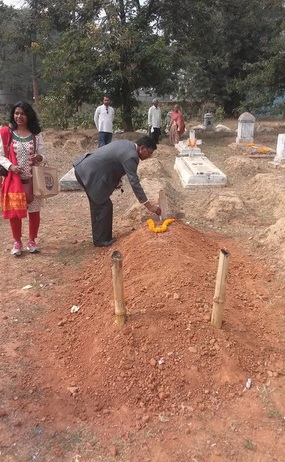 We visited the small graveyard that had unmarked graves. One we knew would have been for two year old Helene who died at the age of 2 in 1891. Ferdinand and Doris moved to Lohardaga in 1878. Primarily because it is higher elevation than Chaibassa where they had been stationed for 3-4 years. Years that had hit the mission hard with a cholora epidemic. Ferdinand had become so ill that he almost died, so it was agreed that a milder climate would help him regain his health. While Lohardaga had been one of the Gossner Missions earliest centers, it really had dminished over the years. There was however a congregation of about 700 souls. The leadership of the church had been a little neglected so at that time there was a leader named ManmasihDas Birsa who was setting himself up as the new Raja of the Oraons. Lohardaga is a dominantly Oraon area and were rapidaly losing their land and power to the outsider landlords called zamindars. Some how Ferdinand Hahn, who was just learning the language of the Oraon, was able to win over the hearts of the people and the church rapidly grew during his tenure. During these years Ferdinand Hahn got to know the people well. He wrote down their language and published a dictionary and grammar book that are still used today. He came to know the people well enough that they shared with him their oral stories, which he also wrote down. This work is remembered with much gratitude and it is for this reason that we were received with such honor. What he accomplished in Lohardaga alone is an important part of the history of the original people's of the land, the Adivasi. After visiting the schools, church, old bungalow and graveyard, we went to the Mayor's house and was told that after lunch we would go to the town hall. It was then that I learned that he had been the founder of the town council and its first president in 1888. I had seen this picture of Ferdinand Hahn sitting with the town council, but did not know he was the leader of this group. I am curious to find out if the formation of this city council, which like most governing structures in India has not changed since India gained its Independence from the British, is unique in that it was started by a German person and may have used a different model then the British used. Or was Ferdinand simply the first to be placed in charge of this district. How it seems to be remembered is that Hahn organized the natural leaders of the region to create their own civil government. Hahn, I learned, is remembered for being a fair and just advocate for the concerns of the citizens, so that even when he was not the president the citizens of the area would turn to him for advise or request his assistance. When we arrived at the town hall I was surprised to see the huge reception we had and asked to participate in a ceremony that they already had going that day to distribute sewing machines to a women's group. We were shown the old meeting room and where the leader of the council would sit. 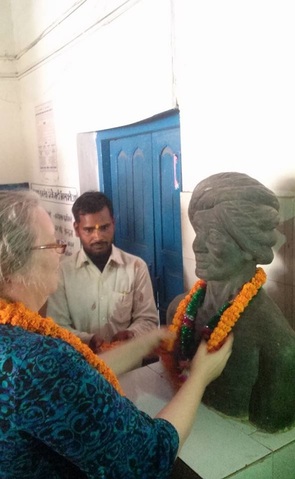 In respect it was an honor to garland the bust of the local legend and hero Birsa Munda. This was a freedom fighter who was personally known by my anscestors. We were also shown a safe that was in the floor and told that it hasn't been open for a long time. No one knows how long. The key has not been available. I told the people there, jokingly, that when I go to Germany to do more research on the family will see if I can find the key there.
1 Comment
In memory of Ferdinad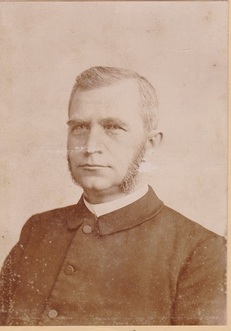 As you know the reason for my visit to Jharkhand was to learn more about my great great grandparents and the legacy they left. It was a remarkable trip to connect with the people who were also interested in learning more about this missionary that had contributed so much to the preservation of their language, for establishing education systems, and strengthening their church. On one of the first days there was a celebration for the 150 years of the Seminary where Ferdiand Hahn had been ordained and also taught there. At the service was one of my first opportunities to speak to a large group of people. I shared that I felt that we shared a common legacy through this man, here in this church where he had been married in 1871. After the service there was a ceremony for the dedication for the new Resource and Research Center that will be a center for Adivasi culture and language. Because of his pioneering work with the language of the Oraon, Kurukh, the center will be named in honor of Ferdinand Hahn. 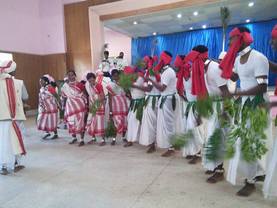 The dedication ceremony was followed by a cultural event where seminary students from both GTC and NDTC shared Adivasi dance. I came to fully appreciate this event later in my stay as I learned more about the reasons for the split of the Gossner Evangelical Lutheran church into GEL and Northwest GEL. The split had occured in the 1970s however in recent years a reconciliation process is underway. 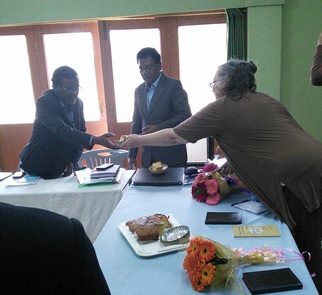 Much later during our stayin Ranchi, a modest celebration recognized the 145 anniversary of his Ferdinand Hahn's birth in Ketzin, Prussia. There was even cake that we shared together. It was also a way for me to say thank you to the gracious hosts of the HRDC guest house where we stayed. 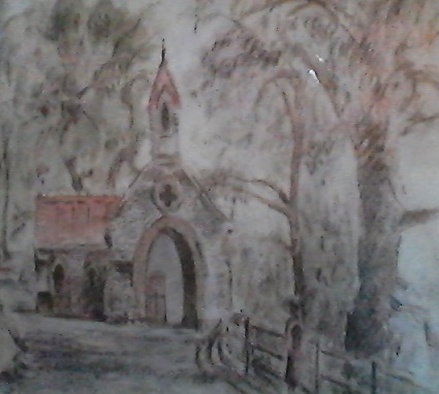 Now 3rd of May is the anniversary of Ferdinand Hahn's death. I wrote an obituary as if it had been written in 1910 as a tribute in his memory Ferdinand Hahn OBITUARY 1910 The death on the 3d of May 1910 of Rev Ferdinand P Hahn came as a heavy loss to his family, friends and colleagues. As one of the Gossner Mission’s oldest and most able missionaries Hahn served in India for 42 years living in Purulia, Lohardaga, Chaibassa and Ranchi, and influencing several other smaller towns throughout Chotanagpur and Assam. He died in Mussoorie in the Himalaya Mountains where he had gone for recuperation. Of that day, his wife wrote: “The funeral was set for 5 pm. A little meditation was spoken in English at the casket, on the porch where a small band of missionaries mourned along with myself and my two youngest daughters. Then began the heavy, heavy walk to the cemetery – through the bazaar, along the road called Camel’s Back, past strollers and shoppers, horses and carts, etc. – without singing, without bells ringing – only with a heart filled with pain. We walked on the same path which the dear Papa had loved to walk among the pine forests. Our sorrowful procession walked on towards the entrance of the cemetery. It is difficult to recall that only two weeks earlier he sat on that bench at its gate longing to get recover, live and return to his people in Chotanagpur. Oh, I could hardly walk, and it was good that someone offered me a dandy (bench carried by four coolies). I was carried the rest of the way. Chaplain Law, a slender man, stepped in front of the casket and guided the small procession down the sloping path, reading Psalms. Down the cascading stares, past three or four tiers where laid the graves of British soldiers, government officials, and perhaps a few missionaries. Maybe there lies also a fellow German? Down to the lowest terrace of the picturesquely arranged cemetery of Mussoorie. Looking out above, snowcapped mountains soar up in the cobalt sky. Looking down, rising from the valley, the patchwork emerald fields. But my heavy heart could now only see the four gentlemen lay the casket down into the tomb. Now there, my dear, dear husband is laid to rest until the great resurrection day. Resting from all his struggles, worries and works of this poor life. Now he sees the One in whom he has believed and whom he has loved above all. But we mourn after him and will never, never forget him.” He was laid to rest far from family, work, and home in the northeast region of India referred to as ChotaNagpur. He served his God by pouring his life and devotion into the betterment of the indigenous people of that land. Despite minimal education his mission work included teaching at the seminary, administering schools and hospitals and equipping the ever growing German Evangelical Lutheran church of Chotanagpur and Assam. For most of his years of service he was the Secretary of the Gossner Mission. He had a reputation for keeping the grounds of all the mission stations where he lived orderly and full of beautiful flowers and gardens. The centrality of his focus when he died was the leper asylum in Purulia. In 1884 with the help of the Mission to Lepers in India and the East he founded a leper asylum in Lohardaga. When later he and his family transferred to Purulia Bengal, the Scottish mission provided further assistance for the maintenance and expansion of a model asylum. This leper asylum, run as a community rather than an institution is unquestionably the largest in India and contained nearly 800 residents. Rev. Hahn was considered an authority on leper work. He furthermore distinguished himself as a linguist in the investigation and publication of several of the aboriginal languages, primarily Kurukh, the language of the Oraon. The British Government, recognizing the valuable services he had rendered as a linguist and Good Samaritan, conferred upon him in the year of 1906 the golden medal of the first order of Kaiser-e-Hind. He was also recognized for assistance with relief efforts across Chotanagpur during several famines in the region. He is also remembered for his civil responsibilities, particularly in Lohardaga where he helped establish the town council, serving as its president in 1888 and 1898. His deep concern for the people was demonstrated in advocating on behalf of the community over legal matters. The fact that he was able to collect the folk tales of the people, was evidence that he lived so closely among them. In many ways he proved to be the original field worker for emergent Indian Anthropology. Serving India from 1868, Ferdinand Hahn returned to his homeland in Germany only three times (1883, 1894 and 1906). Here Hahn was successful in stimulating the organization of an auxiliary branch for medical missionary work within the Gossner society and another branch for what is known in Germany as the Schwestern Arbeit, work for female nurses. He also traveled throughout England and Scotland and America, promoting and fundraising for the work of the Gossner Mission in India. In addition to contributions to the Asiatic Society and various journals on Missions Hahn also wrote:
While his mother and father and one daughter and son passed on before him, he left behind a large family: beloved wife, Catherine Dorthea (Doris) Hahn (nee Voss) continues on in India with three daughters, Gushie, Dora and Lieble; their oldest daughter Louis, and her husband K.W Nottrott, are American Evangelical Missionaries in nearby Chatisghar; Marie, suffers much with lung disease, and lives mostly in Almora, but her husband Paul Wagner continues Ferdinand’s work in Purulia; Theo, Frieda, Albert and Gottried live in America; only their middle son Johannes and his sister Louise remain in Germany. |
Mary GirardI will be traveling and visiting India, with my Father. Our primary destination in India is Ranchi, Jharkhand. We will also visit other towns and cities in that north-eastern region as well as other places in India. Archives
May 2016
Categories |
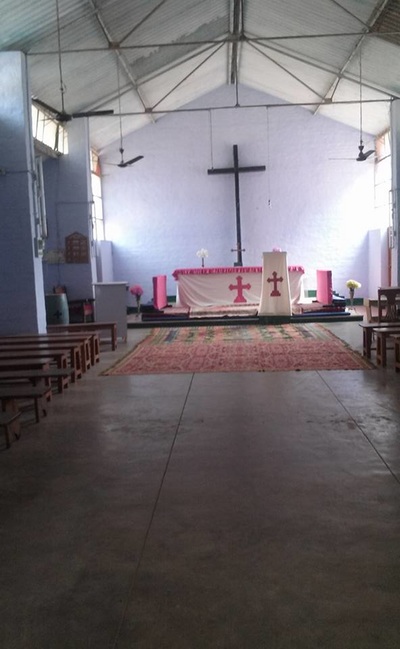
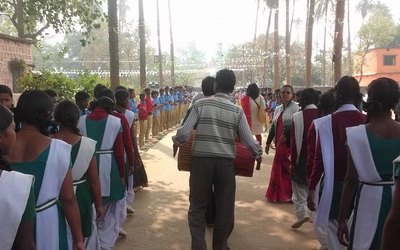
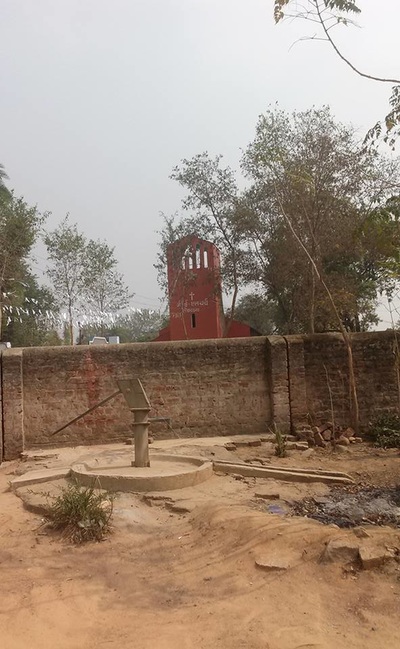
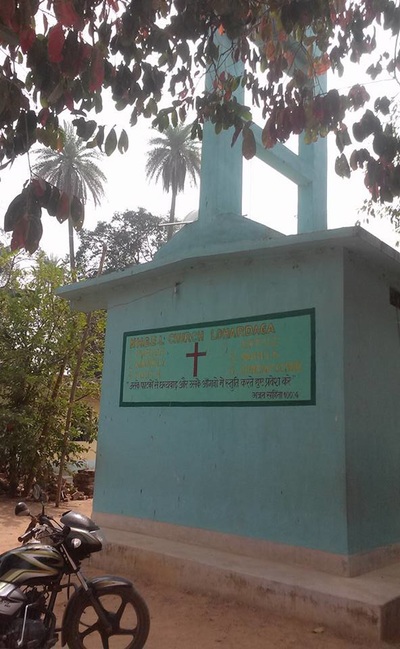
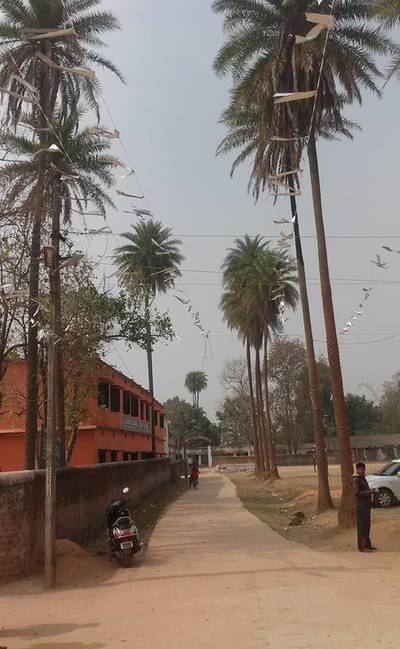
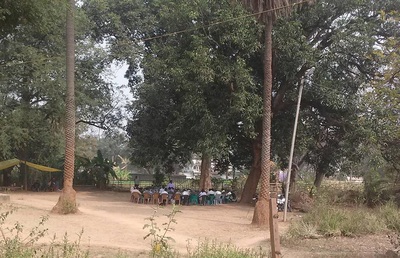
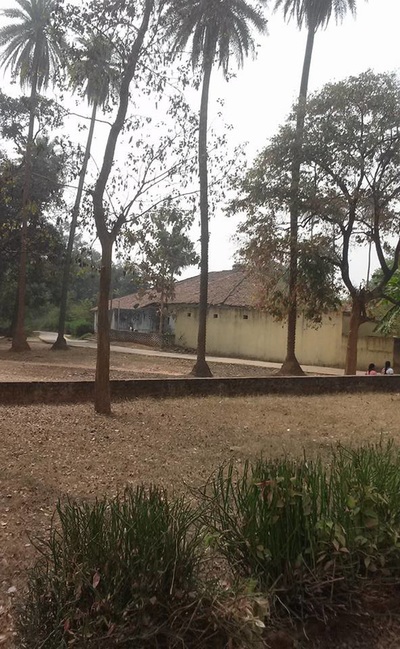
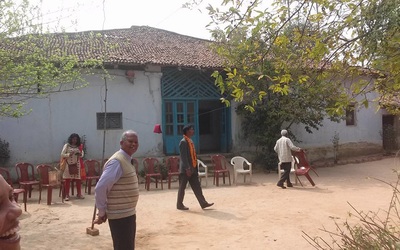
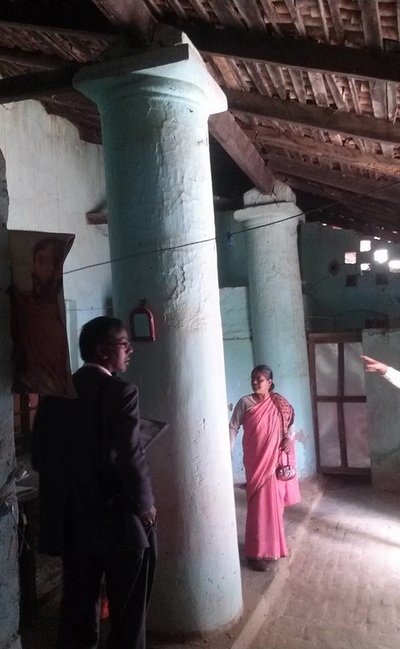
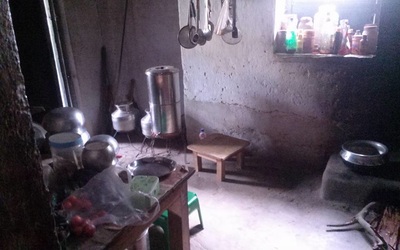
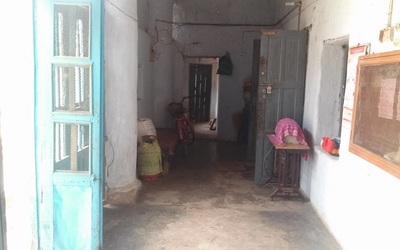
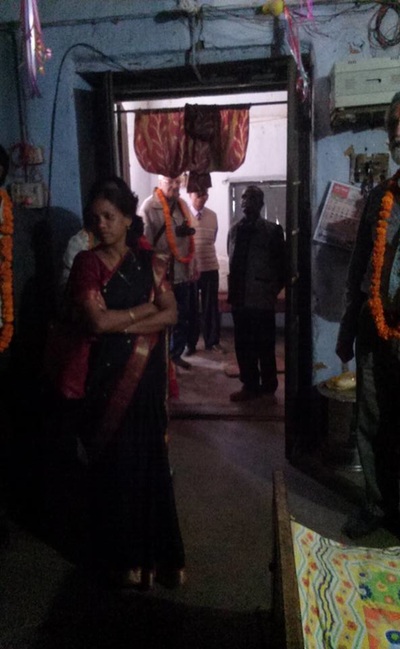
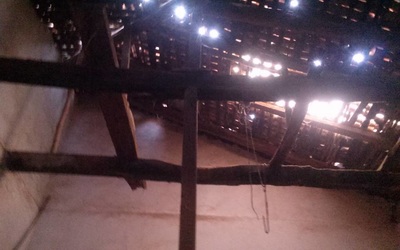
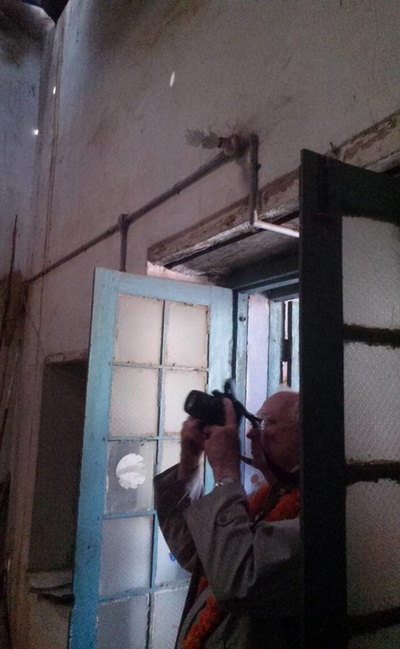
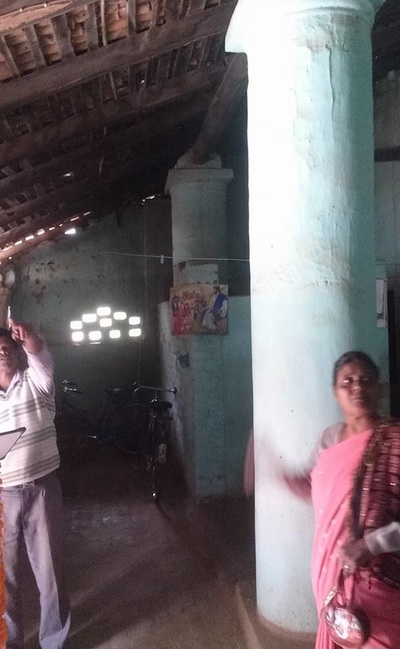
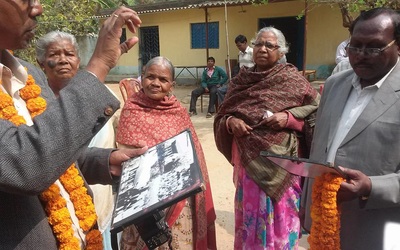
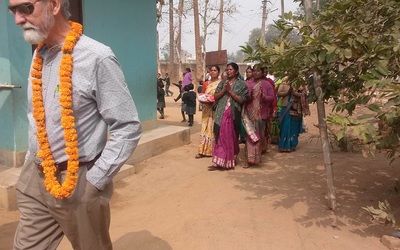
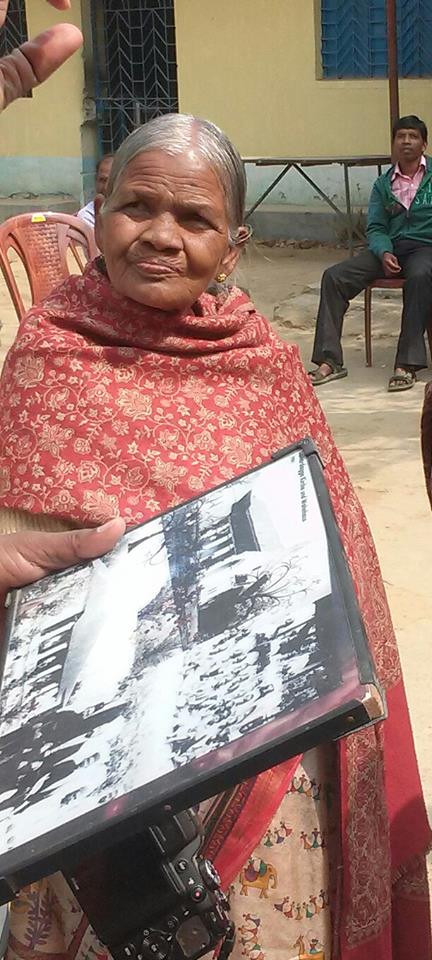
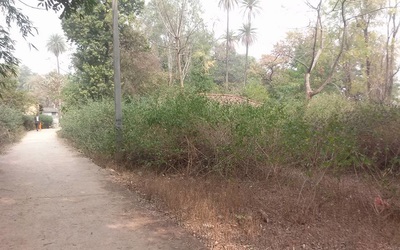
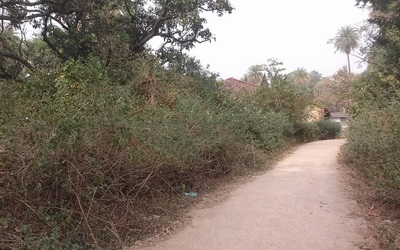
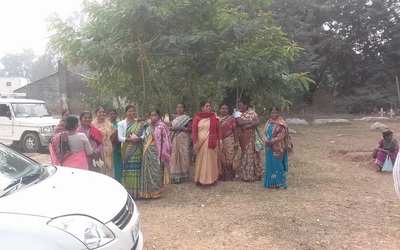
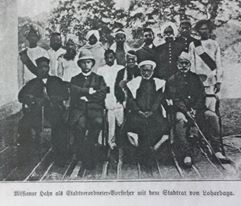
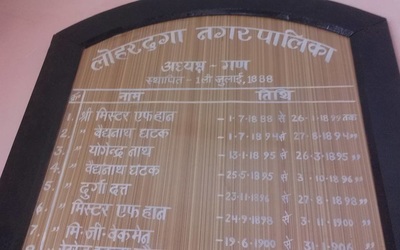
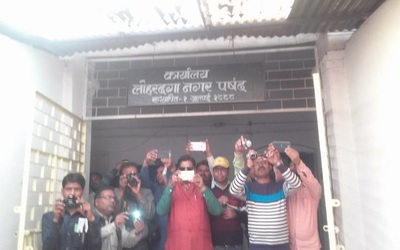
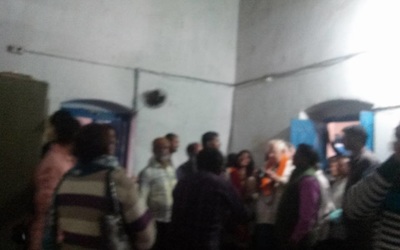
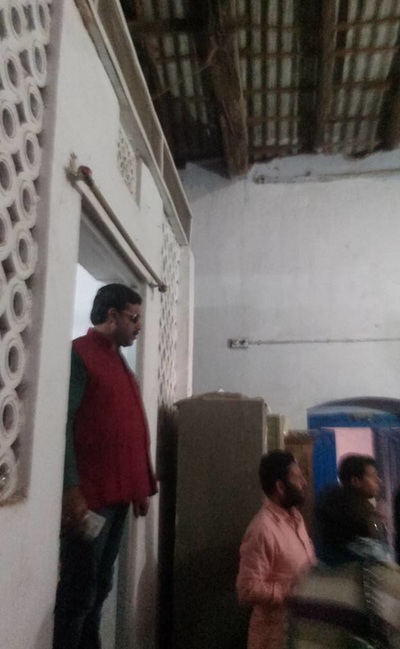
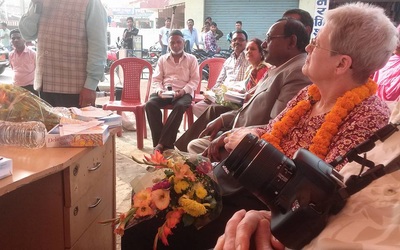
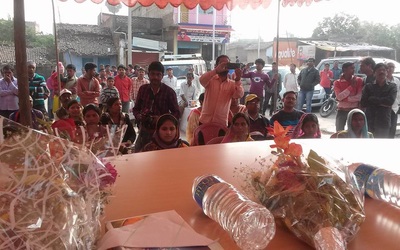
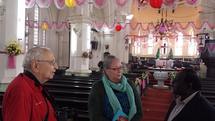
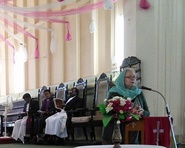
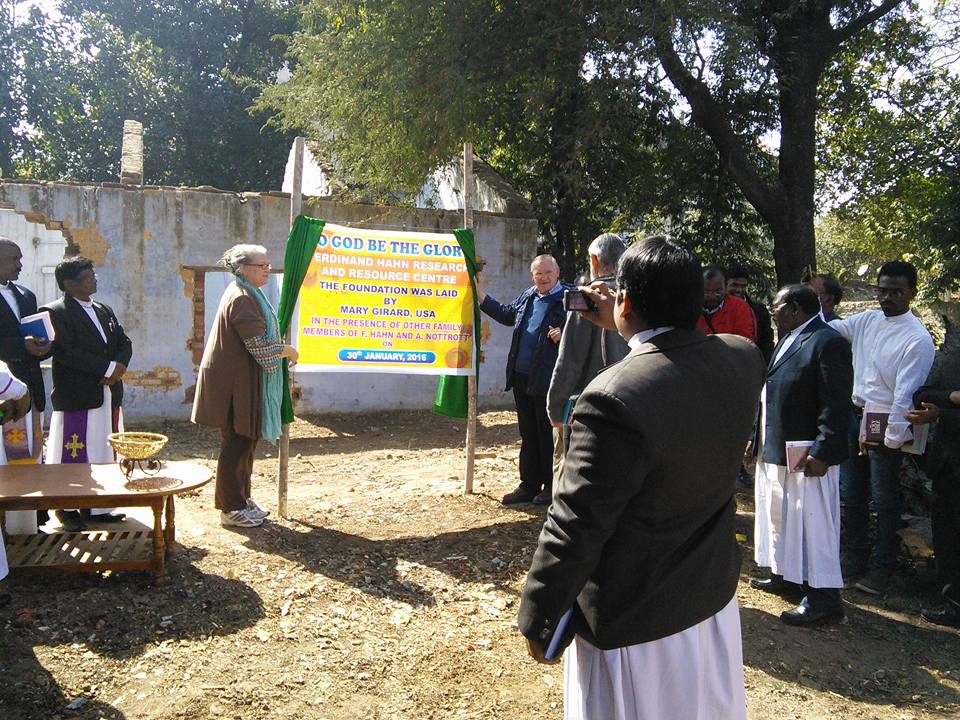
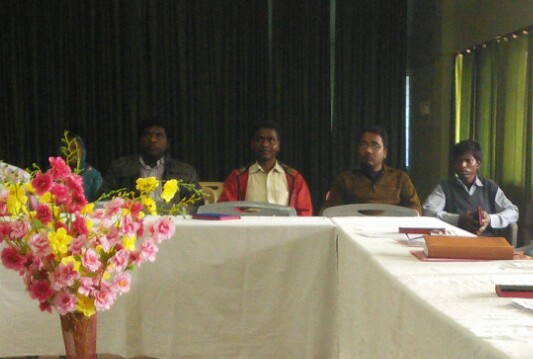
 RSS Feed
RSS Feed